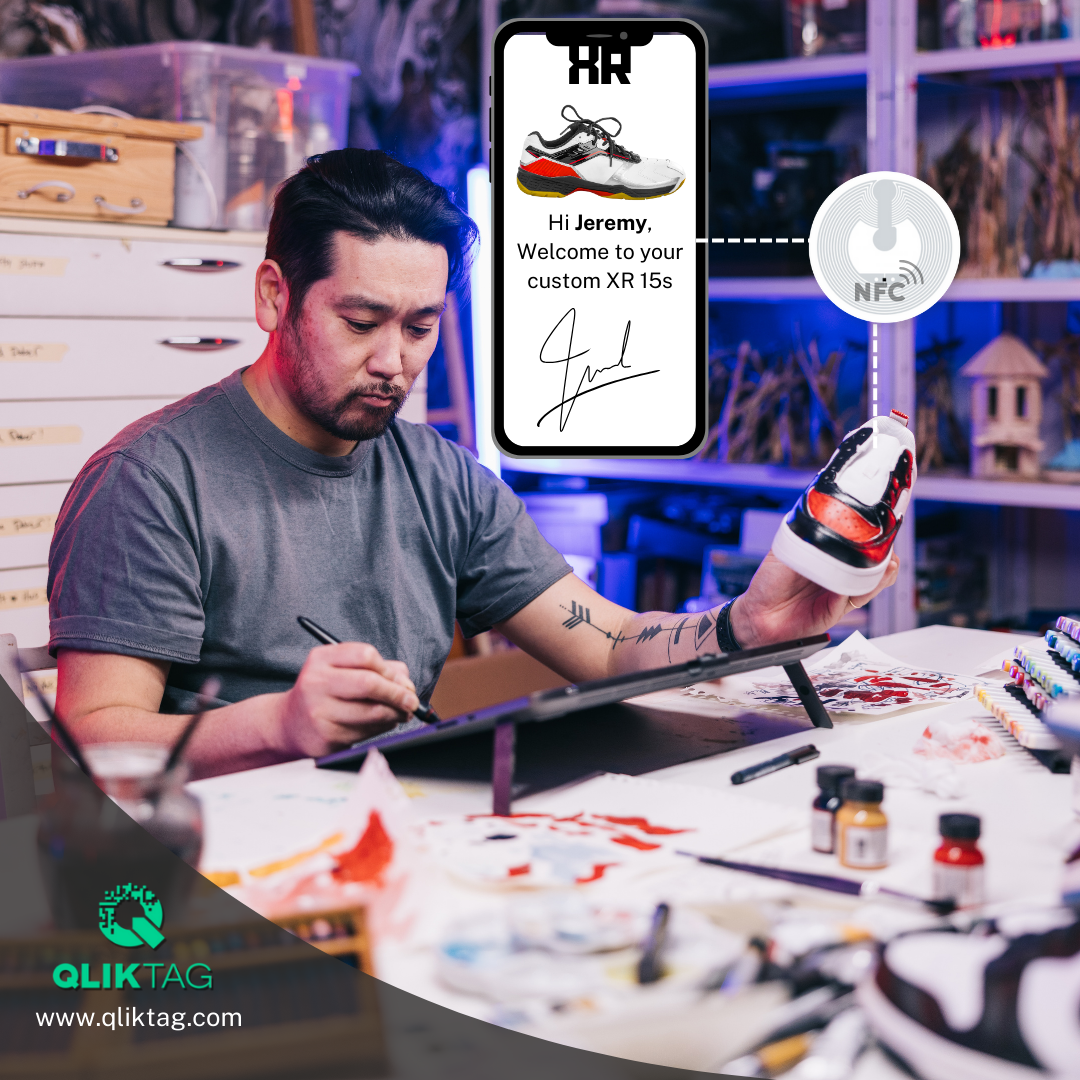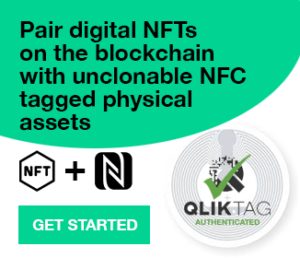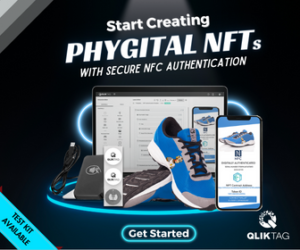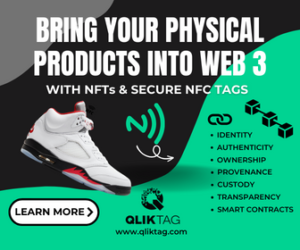Product personalization is the new mantra for todays cutting edge brands and creators. In a world where global brands flood the market with standardized products, consumers are becoming increasingly aware of the “sameness” that mass production brings. Walk down any city street, and you’re bound to see a familiar lineup of branded sneakers, handbags, and headphones—a shared aesthetic dictated by major players. The result? Many people own similar-looking items, from shoes to electronics, diluting any sense of individuality. For the younger, digital-native generation, this uniformity often feels restrictive. Instead, they value unique, personalized products that reflect their identities. In response, the demand for personalized, limited-edition, and made-to-order products is rapidly rising, with consumers willing to pay a premium for items that feel exclusively theirs.
This drives us to look into the reasons behind the growing appeal of product personalization, the types of products that are increasingly customized, and how new technology, like Qliktag’s phygital solutions, is supporting the shift towards personalization with secure authentication, blockchain-based ownership, and digital features.
Why Consumers Crave Personalization
For younger generations, expressing individuality is a priority. Mass-market goods have become commonplace, often failing to resonate on a personal level. Consumers today want products that set them apart, make a statement, and reflect their unique style. This trend has led to a shift in perceived value: items that are customized, made-to-order, or limited-edition are considered more desirable, even if they come at a higher cost. Consumers are increasingly willing to pay more for products that offer them a sense of exclusivity and uniqueness.
Personalized products provide something that mass-market goods can’t: the opportunity to reflect the personality, creativity, and preferences of the buyer. The result is a premium placed on individuality, where products aren’t merely possessions but extensions of the owner’s identity.
Real-World Examples of Product Personalization
This desire for Product personalization and uniqueness has driven significant interest in personalized versions of everyday items, making them more valuable in the eyes of consumers. Here are three real-world examples of how personalization is becoming more prevalent:
1. Customized Game Controllers
Gaming is a rapidly growing industry, especially among younger demographics. While consoles like the Xbox and PlayStation come with standard controllers, many gamers seek to make their controllers uniquely theirs. Companies and creators now offer custom-made paint schemes, grip textures, and even LED lights for controllers. These personalized controllers not only stand out aesthetically but also create a closer connection between the gamer and their gaming gear. Customization options turn standard controllers into unique accessories that showcase a player’s style and dedication.
2. Custom Art Skate Decks
Skateboarders have long embraced personalization. A skateboard deck is not just a piece of wood with wheels; it’s a canvas for personal expression. Skateboarders often work with artists to create custom art on their decks, making each board one-of-a-kind. This type of customization turns a standard skateboard into a unique reflection of the rider’s personality. Custom decks are highly valued and can even become collector’s items, appreciated not only for their functionality but for the unique story and design they embody.
3. Personalized Sneakers
The sneaker culture has evolved significantly, with a growing demand for customization. Platforms like Nike By You (formerly Nike ID) allow consumers to design custom shoes, choosing colors, materials, and even adding personal details like initials. Many sneaker enthusiasts also work with custom sneaker artists to transform blank canvas sneakers into works of art. This level of personalization has made sneakers a central piece in streetwear culture, representing both the wearer’s personal brand and a premium product tier that goes far beyond a regular pair of shoes.
These examples highlight the appeal and added value that comes with personalized products. In a world where everyone owns the same things, the demand for individuality is creating a space where personalized, limited-edition, or custom-made products hold a special allure.
The Role of Technology in Supporting Product Personalization
As more consumers seek unique products, technology is stepping in to bridge the gap between physical products and digital experiences. Qliktag’s phygital solutions, which combine secure NFC tags with blockchain-backed digital ownership, are paving the way for brands and creators to provide verifiable, unique products that offer something beyond mere aesthetic customization.
The Qliktag phygital solution uses secure unclonable NFC tags that can be embedded in physical products, allowing each item to be authenticated and uniquely identified on the blockchain. This technology ensures that each product is verifiably genuine, enhancing its value as a unique or limited-edition item. Additionally, the pairing of a digital NFT token with a physical product enables the buyer to prove ownership of a specific, authenticated item.
With this technology, brands can offer personalized items that are not only unique but also carry a digital component. A skateboard with a unique art deck, for instance, could be linked to an NFT, giving it an additional layer of exclusivity and provenance. Gamers could own a customized controller that’s associated with a digital token, allowing them to verify it as a one-of-a-kind piece in both physical and digital worlds. This integration of blockchain with NFC technology offers consumers greater security in their purchases and gives brands the opportunity to add digital functionality to their products.
The Value of Tokenization and Digital Features
Tokenizing physical products with secure, unclonable NFC tags enhances their desirability, especially in markets where exclusivity and authenticity are essential. By linking a product to a digital token, brands can verify its authenticity, provide information about its origin, and offer unique digital experiences. For consumers, this adds an entirely new layer to the concept of product ownership. Instead of merely possessing a physical object, they own a hybrid product that has digital value, traceability, and added functionality.
For example, owning a custom sneaker tied to an NFT token could allow the owner to unlock exclusive digital content, join members-only virtual events, or display their unique product in online spaces like the metaverse. In this way, technology like Qliktag’s phygital solution turns physical products into phygital assets—unique items that live both in the real world and in digital environments.
Personalization as a New Standard
As we continue to navigate a world filled with mass-market goods, the value of personalized products is only growing. Today’s consumers, especially younger ones, are prioritizing individuality and uniqueness over convenience and uniformity. For them, personalized products are more than material possessions; they are statements of identity. As technology enables brands to add digital features and secure authentication to physical items, the value of customized, unique products will continue to rise.
Through solutions like Qliktag’s phygital NFC and NFT pairing, brands and creators can capitalize on the demand for product personalization by offering items that are both verifiably authentic and functionally unique. In a world where sameness has dominated, personalization, customization, and digital integration are the keys to creating products that resonate deeply with today’s consumers. These products aren’t just valuable; they’re an essential part of the consumer’s personal story.



